Blog
Spiritual Teachings
from the Heart of Satsang
Browse by Topic through the Archive
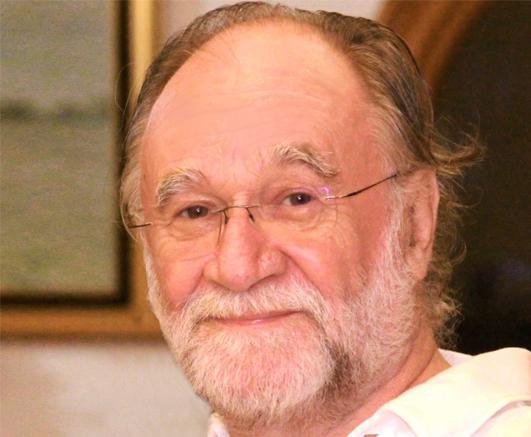
Or use the Search Function
Latest Blog
How we Sabotage Vichara
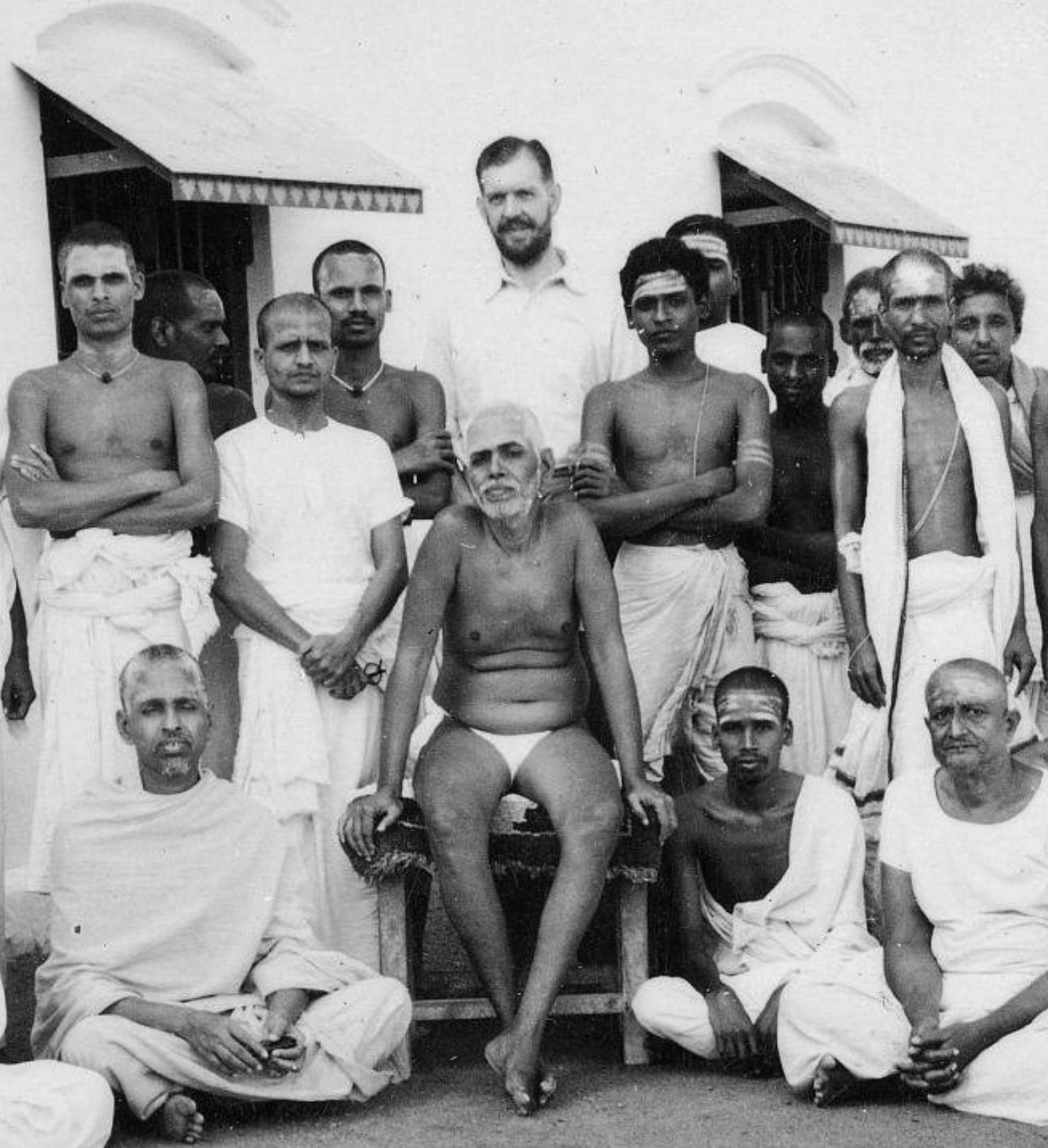
Aham Sphurana
A Glimpse of Self Realisation
New Book about Sri Ramana Maharshi
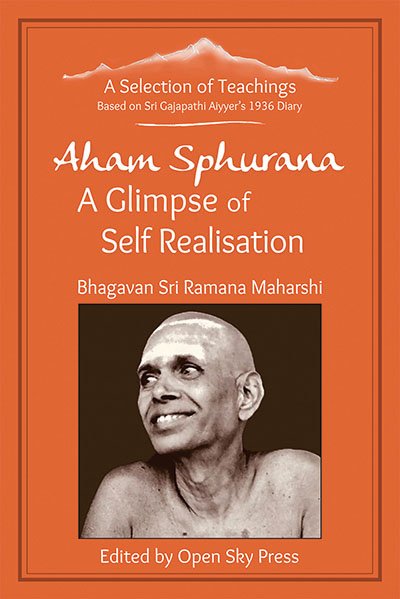
Available Worldwide
On www.openskypress.com and Amazon:

“In my opinion, Aham Sphurana, a Glimpse of Self Realisation, will become a Treasure Trove of Wisdom to the Seekers of Truth in general, and particularly to the devotees of Bhagavan.”
Swami Hamsananda – Athithi Ashram, Tiruvannamalai
How we Sabotage Vichara
Chadwick: [unhappily] I have been staying here for months. I see no improvement in me. If anything, my condition seems to be taking a turn for the worse. I am desperate to Realise in this lifetime
B: Give up the idea that you are striving for Realisation.
C: [Aghast] What?! Bhagavan would have me abandon the quest? Has he decided I am unworthy to Realise?
B: Did you pay attention to what was said to you? You were not asked to abandon the quest. You were asked to abandon the spurious idea that there is a ‘you’ which is trying to merge with a ‘super-you’.
C: [gloomily] I understand nothing.
B: Throw away the belief in the existence of the personal self. It is only on that erroneous basis that you are now asking questions.
C: But I must remain to perform sadhana!
B: What is the objective of sadhana?
C: Destruction of the ego.
B: No, transcendence of the idea of its existence.
C: So, if I just free myself from the idea that I exist as an individual person, the Who am I? method is not needed?
B: First discard that erroneous idea. In having discarded that idea, do not bring in any other idea in its place, such as Aham Brahmasmi [I am Brahman], I am being consciousness, etc. Remain free from all ideas, that is from all mental identification. Let the mind remain in the state of pure Subjective Consciousness free from all objectification or identification.
Then, as and when thoughts arise, tackle them with the counter-thought, ‘To whom has this thought arisen?’. This arrests the further development of the thought. Then return the mind to its native state of pure Subjective Consciousness. This is the way.
Edited by John David Nov 2024

Am I doing Vichara Correctly?
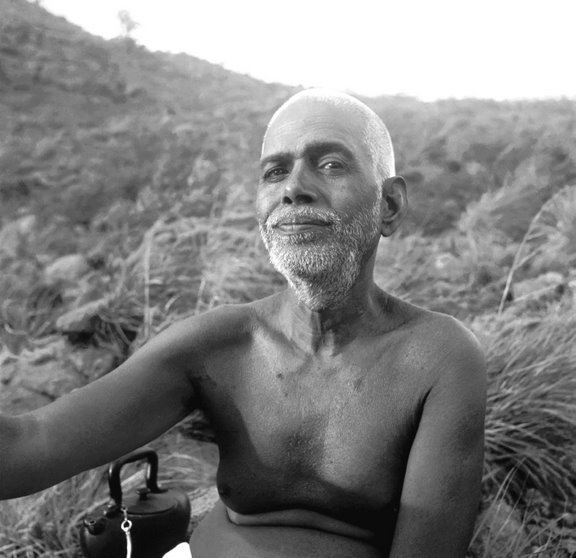
Aham Sphurana
A Glimpse of Self Realisation
New Book about Sri Ramana Maharshi

Available Worldwide
On www.openskypress.com and Amazon:

“In my opinion, Aham Sphurana, a Glimpse of Self Realisation, will become a Treasure Trove of Wisdom to the Seekers of Truth in general, and particularly to the devotees of Bhagavan.”
Swami Hamsananda – Athithi Ashram, Tiruvannamalai
Am I doing Vichara Correctly?
Yes when Aham Sphurana flashes forth
Q: What are the indicators based on which I shall be enabled to find out for myself whether I am doing vichara correctly or not?
B: If vichara has resulted in a state of mind wherein it abides as identical with pure Subjective Consciousness, then you have done it correctly. However, it is not easy for the neophyte to tell whether his mind is presently abiding as identical with pure Subjective Consciousness, because the torpid mental state of manolayam [state where mind structures are hazily projected] is often mistakenly regarded as being the tabula-rasa mental state of pure Subjective Consciousness.
When mind abides as identical with pure Subjective Consciousness, it unmistakeably scintillates ‘I’-’I’. Thus, the definitive answer to your question is that vichara has been done correctly when doing it has resulted in the Aham Sphurana flashing forth.
Q: And how to recognise the Aham Sphurana when it ‘flashes forth’?
B: There is no possibility of mistaking it when the experience actually occurs. Whatever description is given, is not only useless but also counter-productive, because if a description of the experience of Aham Sphurana is given, the mind twists and contorts the present banal experience of outward protruding, satiation craving mental impulses into one that seems to perfectly match with the description given; because it wants to avoid getting destroyed.
So, even if you have heard a description of the experience of the Aham Sphurana being furnished in this Hall, please make no effort to recollect it. When the Aham Sphurana actually flashes forth, you will know it alright. Cognition of the Aham Sphurana is not based on intellectual corroboration it is a direct experience of the Self, inferior only to the Sahajastithi of the Jnani.
Edited by John David Nov 2024

Leave a Reply Cancel reply
You must be logged in to post a comment.
Mixed Blogs

Natures silence
SHY CRABS
AT SUNSET TIME
PERCHED ON THE EDGE
OF THEIR SAND HOLES

Authentic Intimacy
Authentic Intimacy becomes possible when two people meet without the daily drama of “my life.” This relating is about presence, just being there in a dance with the other. Being present with everything that simply is.
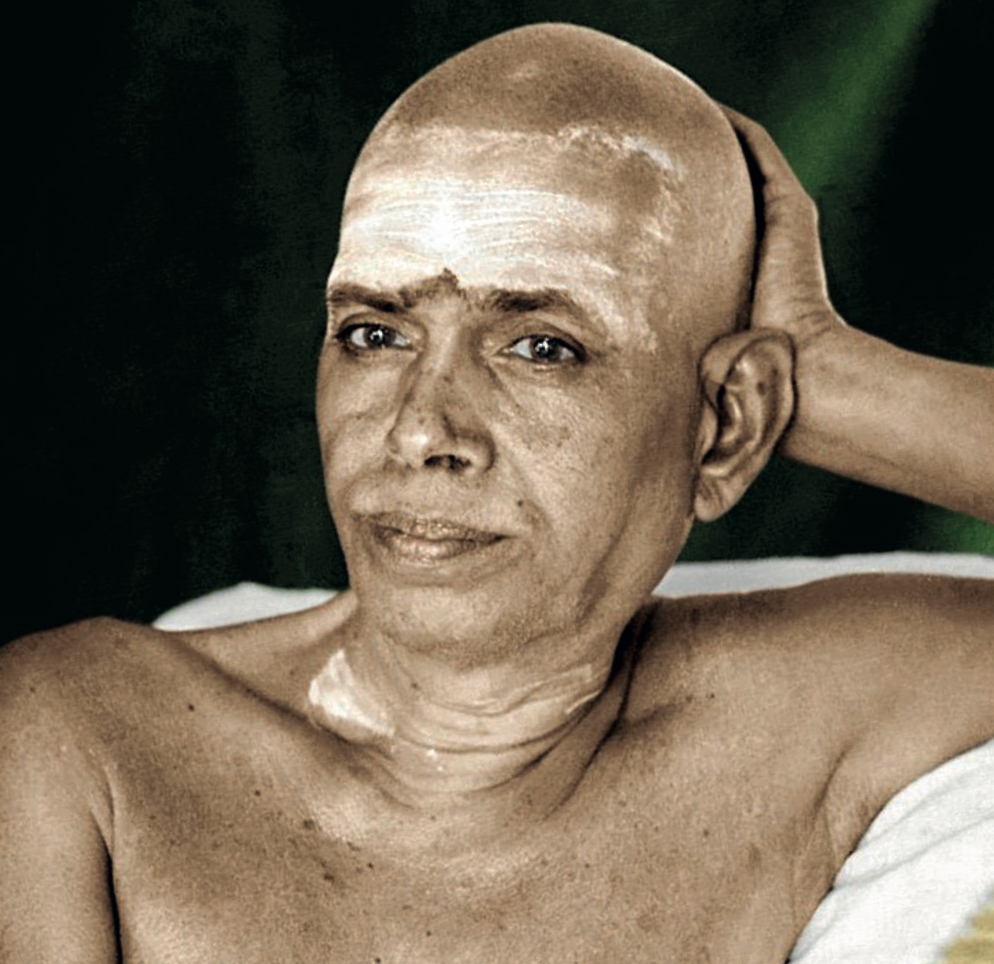
Complete Cessation of Mental Activity
Only the complete, motiveless cessation of mental activity reveals the Self, showing the personal ‘I’ never truly existed.

Third Chinese Patriarch of Zen
The Great Way is not difficult
for those who have no preferences.
When not attached to love or hate,
all is clear and undisguised.
Separate by the smallest amount, howe
and you are as far from it as heaven is from earth.
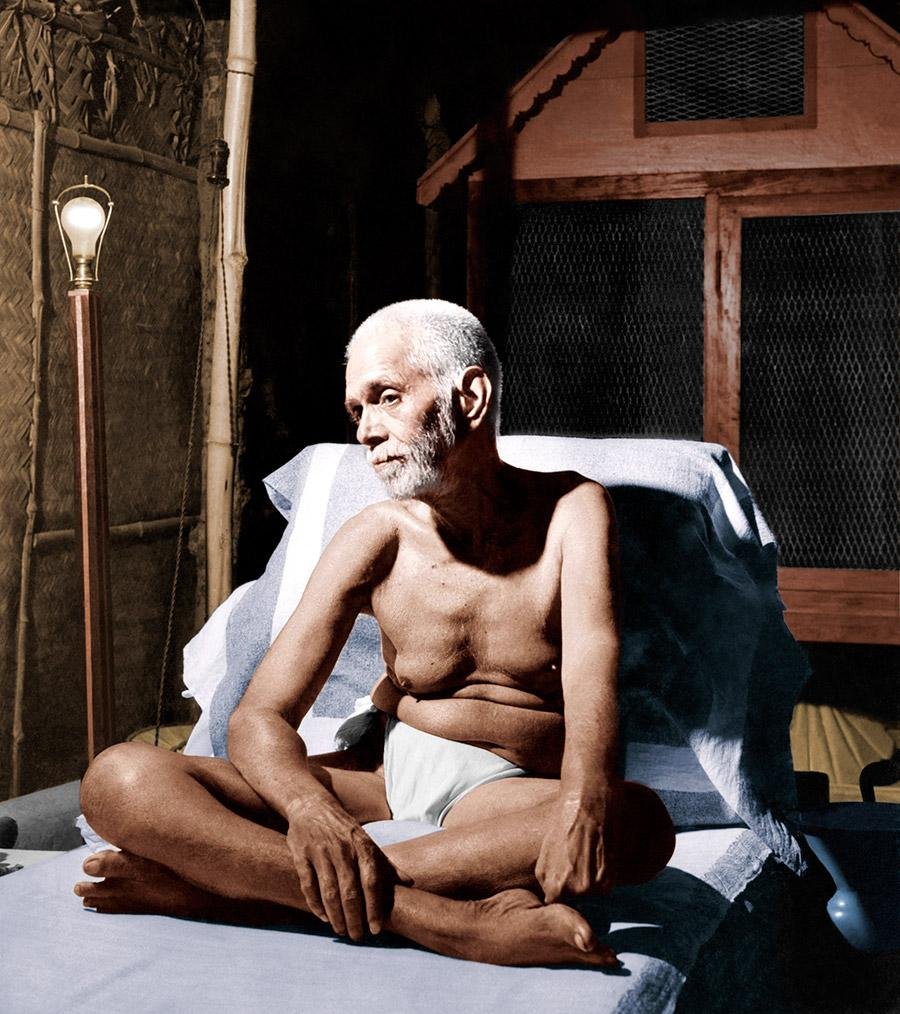
Schopenhauer and Renunciation
Schopenhauer exposes life’s futility, but true renunciation and surrender arise from Grace, dissolving ego and revealing the Self.

Have the Conviction that You are Free
It’s simple, even if you don’t think you’re free, or even if you’re not completely free, have the conviction that you are free. Even if you know it intellectually that you’re free, hold on to that. It may be just intellectual, but it will help you because it won’t let your mind disturb you so much.
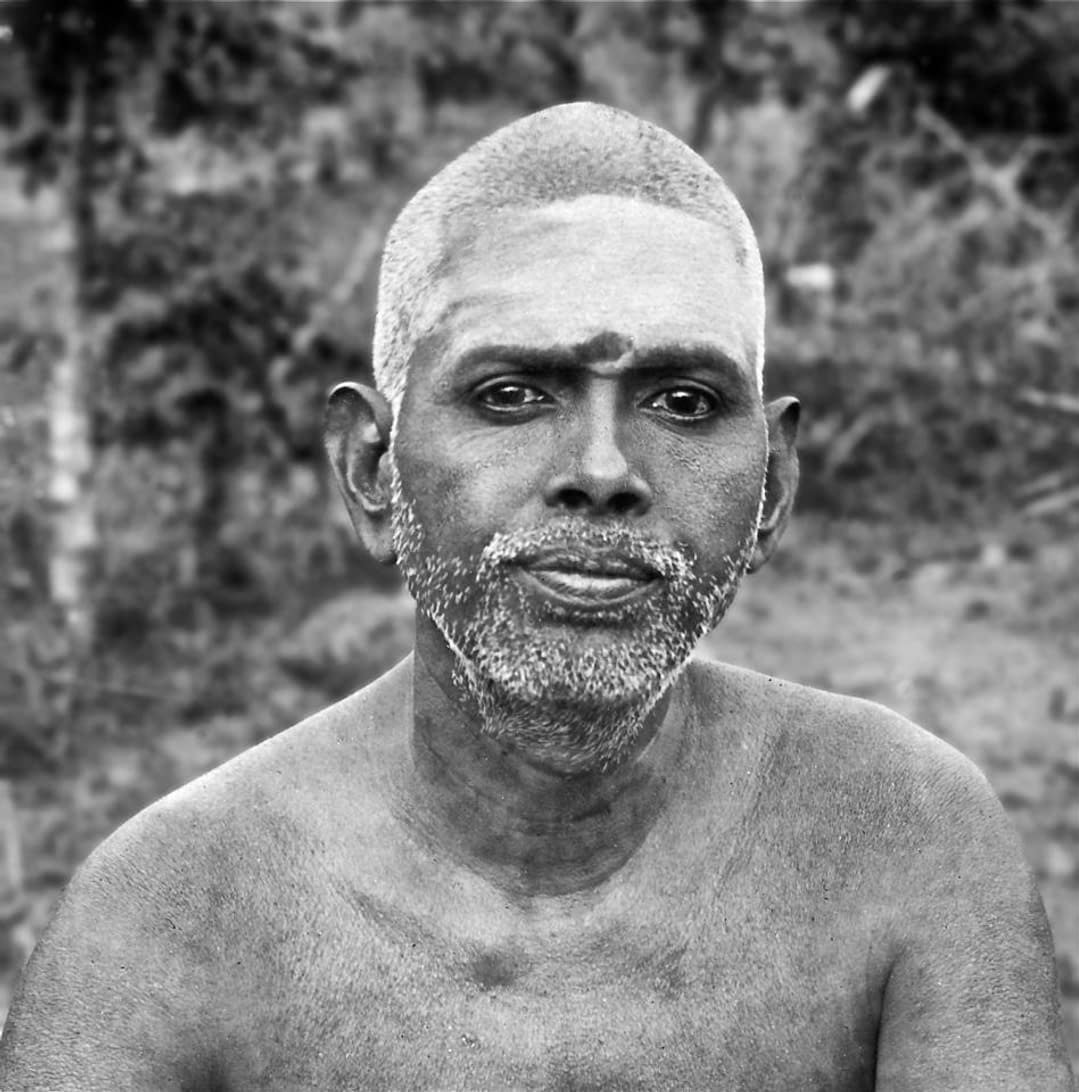
Sex and the Self
Sex offers a taste of no-mind bliss, creating addiction as the ego craves this momentary experience of pure Being.

Suppressing Our Mechanisms
I would say that that seeing of our nature is like the first step in an ongoing process that reveals everything that’s been suppressed or been jumped over, and in that process it’s really a fire, but ultimately the fire is not for any person, it’s actually for the benefit of all beings.

The Desire for Material Wealth
Much of life has become solely focused on material wealth. Money has become the focus all around the world, and through that focus the planet itself has become threatened by the ecological consequences. Yet the economic rationalism of the society always takes first place.

Love is our Being
Love is our Being, Being is existence, so love is existence. Your essential state is love. What distorts that is that we look outside for love not realising that the love we experience outside is a reflection of the love we have for our deepest self.

Albert Einstein Quotes
“Concerning matter, we have been all wrong. What we have called matter is energy, whose vibration has been so lowered as to be perceptible to the senses. Matter is spirit reduced to point of visibility. There is no matter.”

Celibacy and Relationship
It’s quite clear that for almost everybody this issue of intimacy with another human being is a strong structure, a strong issue. In the eastern traditions of Buddhism and Hinduism there is a deep understanding that if you seriously want to become a spiritual seeker you become celibate and stay alone.

Wisdom from Steve Jobs
′′ I have reached the epitome of success in the business world. In other people’s eyes, my life is a success.
However, aside from work, I had little joy. Ultimately wealth is just one fact I’ve gotten used to…

Non-Doing
Self‑Realisation is not achieved by doing, effort, or thought, but by naturally subsiding into stillness beyond all mental activity.

Mrs. Piggot Introduces the Ashram And Bhagavan’s Meetings in 1934
Mrs. Piggot recounts her serene visit with Sri Ramana Maharshi, describing the Sage’s profound silence, grace, and life-changing presence.







